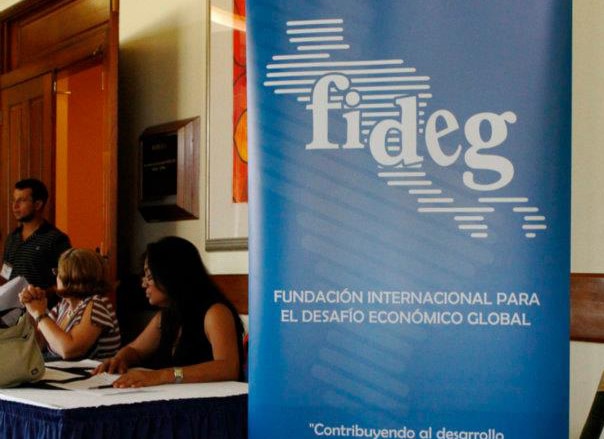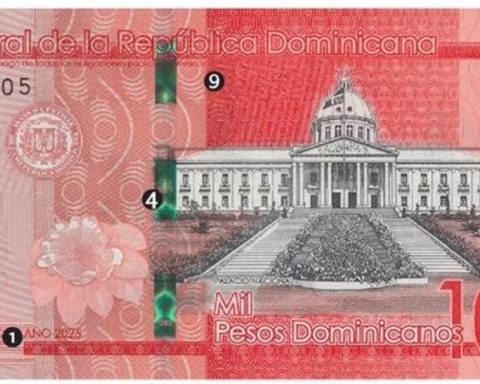Evergrande’s inability to make payments of $ 82.5 million in interest due last month would trigger a cross default on its international bonds – which amount to about $ 19 billion – and put it at risk of becoming China’s largest defaulter. A possibility that has been around the world’s second largest economy for months.
The default of Kaisa – the Chinese real estate company with the most offshore debt after Evergrande – would lead to a technical default on its bond, causing cross defaults on its offshore bonds for about 12,000 million dollars.
Evergrande did not respond to a request for comment from Reuters, and Kaisa – which became the first Chinese developer to default on an offshore bond in 2015 – declined to comment. All sources declined to be identified because they were not authorized to speak to the media.
Kenny Ng, a strategist at Everbright Sun Hung Kai Securities, said investors were expecting Evergrande’s default and “just waiting to see when it would happen.”
“At the same time, investors are watching Evergrande’s development to see if it is heading towards debt restructuring or a creditor repayment plan,” he added.
Evergrande did not issue any communication to bondholders about the late payment, one of the five sources said.
The company said Monday that it established a risk management committee that included members of state entities to help “mitigate and eliminate future risks.”
This came after announcing that the creditors had demanded 260 million dollars and could not guarantee the funds to pay the debt. This prompted the Chinese authorities to summon their president and assure the markets that the general risk could be contained.
Credit rating agency S&P said Tuesday that the $ 260 million redemption demand showed Evergrande’s liquidity remains “extremely weak” and default appears inevitable, especially in the face of maturities totaling $ 3.5 billion. in March and April 2022.
















